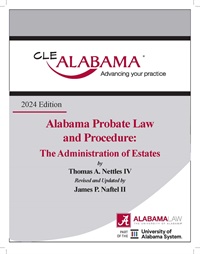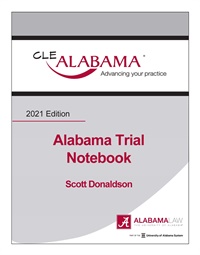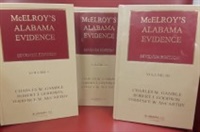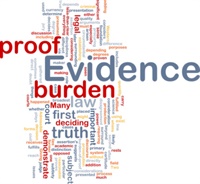Drafting Waivers of Conflicts of Interests
Total Credits: 1 including 1 Ethics Credits
- Average Rating:
- Not yet rated
- Categories:
- Ethics
- Faculty:
- William T. Freivogel
- Original Program Date:
- Jul 22, 2025
- License:
- Never Expires.
Description
A bedrock principle of lawyer ethics is that lawyers owe their clients loyalty, free of conflicts of interest – unless those conflicts are explicitly waived by a client in writing. Clients are entitled to zealous representation without the lawyer being conflicted by other representations. When a conflict arises, the lawyer is required to decline the representation causing the conflict or withdraw from an ongoing matter – unless the conflict is explicitly waived by the client. But waivers are not always easily accomplished. They must be carefully drafted – particularly when it purports to be of an anticipated conflict. This program will provide you with a real-world guide to the rules governing conflict waivers, types of waivers, and how to draft them to avoid future dispute and ethical sanction.
Schedule:
- Drafting effective waivers of conflicts of interest
- Key provisions of waivers and ensuring there is “informed” consent
- Advance waivers – drafting waivers for anticipated conflicts
- Types of advance waivers – stating subject area, adverse parties, neither or both
- Sources of rules and practical guidance on drafting waivers
- Common mistakes made in drafting waivers
- Consequences of ineffective waivers
Handouts
| Handout 1 (395.4 KB) | 19 Pages | Available after Purchase |
| Handout 2 (367.7 KB) | 127 Pages | Available after Purchase |
Faculty
William T. Freivogel Related Seminars and Products
Freivogel Ethics Consulting
William Freivogel is the principal of Freivogel Ethics Consulting and is an independent consultant to law firms on ethics and risk management. He was a trial lawyer for 22 years and has practiced in the areas of legal ethics and lawyer malpractice for more than 25 years. He is chair of the Editorial Board of the ABA/BNA Lawyers’ Manual on Professional Conduct. He maintains the Web site “Freivogel on Conflicts” at www.freivogelonconflicts.com.










